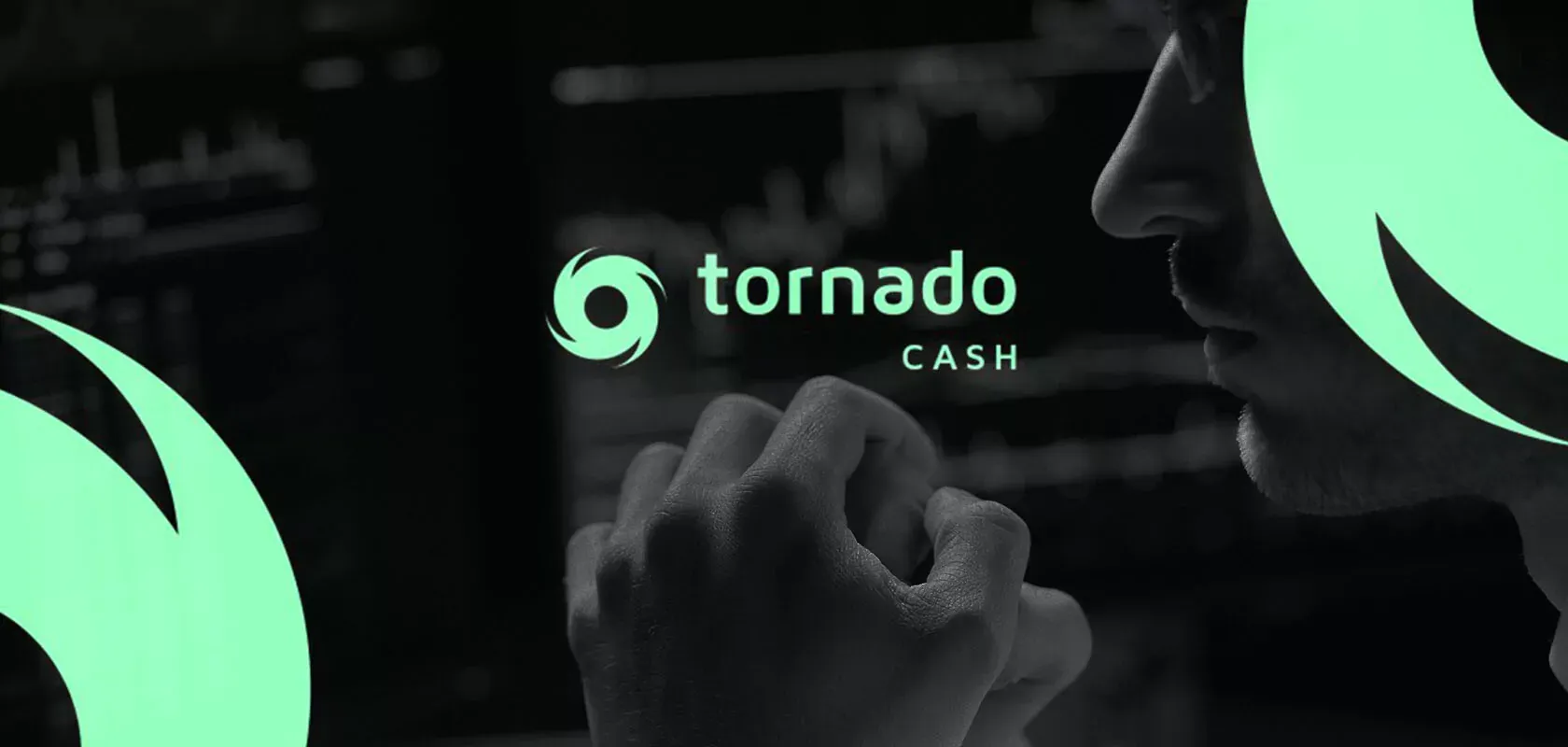US Government Drops Tornado Cash Appeal, Signals Shift in Crypto Policy

The United States government and Coin Center Inc., a prominent cryptocurrency advocacy group, have jointly agreed to dismiss an appeal concerning economic sanctions previously imposed on Tornado Cash, a decentralized cryptocurrency mixing service. This decision, finalized by the Eleventh Circuit Court on July 7, 2025, marks a significant development in the evolving relationship between U.S. regulators and the crypto industry. The dismissal follows the Treasury Department’s earlier move to lift sanctions on Tornado Cash, reflecting a potential shift in federal policy under a more crypto-friendly administration. The vacated judgment and subsequent dismissal of the lawsuit effectively end the legal battle over Tornado Cash’s sanctions, according to a Bloomberg report.
Tornado Cash, once accused of facilitating illicit transactions, including those tied to North Korea’s Lazarus Group, has been a focal point in debates over privacy and financial regulation in the crypto space. The service’s ability to anonymize crypto transactions drew scrutiny after high-profile thefts, such as a $1.5 billion hack of the Bybit exchange, were linked to the platform. However, the current administration’s commitment to balancing anti-money laundering efforts with fostering innovation appears to have paved the way for Tornado Cash to regain legitimacy. The decision to drop the appeal underscores a broader reevaluation of how regulators approach decentralized technologies.
Stay In The Loop and Never Miss Important Crypto News
Sign up and be the first to know when we publishLegal and Policy Implications
The now-dismissed lawsuit, originally filed by Coin Center and co-plaintiffs, challenged the Treasury Department’s Office of Foreign Assets Control (OFAC) authority to sanction Tornado Cash’s immutable smart contracts. The Fifth Circuit’s November 2024 ruling had already curtailed OFAC’s reach, arguing that sanctioning decentralized code exceeded statutory limits. By choosing not to pursue the appeal, the government acknowledges the difficulty of overturning this precedent, signaling a retreat from aggressive regulatory stances on crypto privacy tools. This development aligns with the administration’s broader push to foster a more permissive environment for digital assets.
The case’s resolution also carries implications for related legal battles, including the ongoing appeal of Tornado Cash developer Alexey Pertsev. Released from jail earlier this year, Pertsev is challenging a five-year sentence handed down by a Dutch court in May 2024 for money laundering tied to the platform. While the dropped appeal does not directly impact Pertsev’s case, it may bolster his defense by highlighting the shifting regulatory landscape. Similarly, the separate criminal case against Tornado Cash co-founder Roman Storm, who faces charges of money laundering and sanctions violations in the Southern District of New York, could see indirect benefits from this policy shift.
Storm’s case, centered on allegations of laundering over $1 billion, remains distinct from the Coin Center lawsuit, which was a civil challenge to OFAC’s authority. However, the government’s decision to abandon the appeal may weaken its position in Storm’s prosecution, as it underscores the legal complexities of targeting decentralized platforms. Defense attorneys could leverage the Fifth Circuit’s ruling to argue that the government’s case lacks a clear regulatory foundation, potentially leading to plea negotiations or reduced charges.
The administration’s softened stance comes amid growing political support for cryptocurrency, with figures like David Sacks, a key advisor, advocating for clearer and less restrictive policies. This shift is particularly significant given Tornado Cash’s association with high-profile cybercrimes, including those perpetrated by the Lazarus Group. By moving away from blanket sanctions, the government appears to prioritize innovation over punitive measures, a move that could encourage further development in the crypto sector.
The dismissal of the Tornado Cash appeal represents a turning point for the industry, offering a reprieve for developers and users of privacy-focused tools. As the administration continues to refine its approach, the crypto community will closely watch how these changes influence ongoing cases and future regulations. For now, Tornado Cash’s second chance signals a more nuanced federal strategy, one that seeks to balance security concerns with the transformative potential of decentralized finance.

